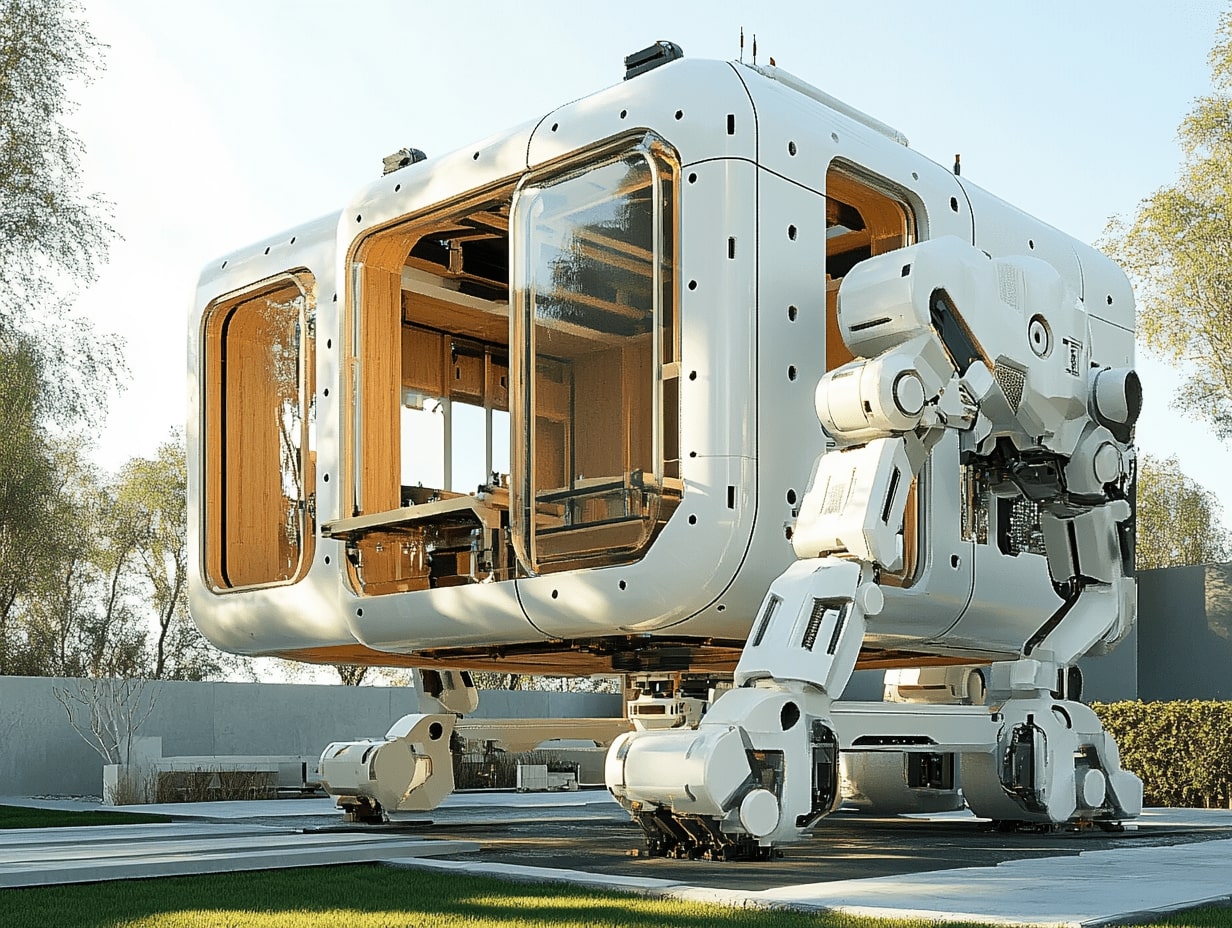- Home
- Articles
- Architectural Portfolio
- Architectral Presentation
- Inspirational Stories
- Architecture News
- Visualization
- BIM Industry
- Facade Design
- Parametric Design
- Career
- Landscape Architecture
- Construction
- Artificial Intelligence
- Sketching
- Design Softwares
- Diagrams
- Writing
- Architectural Tips
- Sustainability
- Courses
- Concept
- Technology
- History & Heritage
- Future of Architecture
- Guides & How-To
- Art & Culture
- Projects
- Interior Design
- Competitions
- Jobs
- Store
- Tools
- More
- Home
- Articles
- Architectural Portfolio
- Architectral Presentation
- Inspirational Stories
- Architecture News
- Visualization
- BIM Industry
- Facade Design
- Parametric Design
- Career
- Landscape Architecture
- Construction
- Artificial Intelligence
- Sketching
- Design Softwares
- Diagrams
- Writing
- Architectural Tips
- Sustainability
- Courses
- Concept
- Technology
- History & Heritage
- Future of Architecture
- Guides & How-To
- Art & Culture
- Projects
- Interior Design
- Competitions
- Jobs
- Store
- Tools
- More
6 Common AC Problems and When to Call a Professional for Repairs

Table of Contents Show
Air conditioning units’ main purpose is to maintain comfort during the hot summer months. But just like any other appliance, they can encounter issues that call for attention. Knowing what common AC problems to look out for can save you from sweating through uncomfortable days and help you make informed decisions as a homeowner. Take a look at these six prevalent AC troubles, along with indications of when it is best to reach out for expert assistance — look no further!
Inadequate Cooling
If your air conditioner isn’t cooling your space effectively, a common culprit is a dirty or clogged air filter, which limits airflow and hinders your system’s performance. Regular maintenance keeps these filters clean or replace them as recommended. Another issue could be refrigerant leaks: it prevents the AC from efficiently removing heat from your home. If refrigerant levels drop too low, your unit may merely recirculate warm air, depriving you of the cooling effect you desire. In such cases, you should seek AC repair services to check and refill refrigerant levels appropriately. Even thermostat settings and worn-out components can negatively impact your cooling. Regular checks can diagnose and address these issues before they escalate.

Unusual Noises
Strange noises coming from your air conditioning system are a clear sign that something might be amiss. The most common noises include rattling, buzzing, or squealing. Rattling noises may point to loose parts; buzzing could indicate that electrical components are malfunctioning. Squealing noises suggest belt issues. Unusual sounds are not just inconvenient; they can also result in expensive repairs if neglected.
If your AC becomes louder than normal or produces sounds you’ve never experienced before, call in a professional on the spot. Ignoring these warning signs could lead to further damage and potential safety risks. Addressing these noises early can save you time and money in the long run.
Water Leaks
Water pooling around your air conditioning unit can signal a problem that requires immediate attention. The condensation produced during the cooling process is typically directed into a drain. When this drainage system becomes blocked, excess water may spill out, potentially causing water damage to your home. Unfortunately, the AC may experience high levels of mold and mildew that can pose severe health risks.
Leaks can arise from clogged condensate drains, rusted drain pans, or improper installation. To prevent water damage, promptly address signs of leaks. A professional technician can investigate the cause of the leakage and perform necessary repairs or clear the drainage line as needed.
Bad Odors
Besides weird noises, even unpleasant smells may imply multiple issues associated with your air conditioning unit. Musty odors indicate mold growth within the system, commonly in the ductwork or on the evaporator coils. Electrical odors may suggest overheating wires or burned components, which could pose serious fire hazards.
Gas odors are equally alarming and should be treated as emergencies, requiring immediate cessation of unit use and contact with professionals. Take these bad smells seriously, as they can signal hazards or issues developing within your system. If odors persist after changing filters and performing regular maintenance checks, reaching out to an HVAC technician should be your next step.
Frequent Cycling
While air conditioning units cycle on and off as part of their normal operation, frequent cycling can indicate problems. If your unit is constantly turning on and off, it might be a sign of an incorrectly sized AC, leading to rapid temperature fluctuations. Short cycling can strain your system and result in higher energy costs and earlier wear and tear.

Poor airflow or a malfunctioning thermostat can contribute to this problem. Identify the issue causing the cycling pattern before it escalates into a more complex problem. A professional assessment will help determine whether the cycle frequency stems from mechanical issues or if your unit requires resizing to fit your home. Taking action early can prevent unnecessary complications.
Inefficient Energy Use
Rising energy bills can signal that your air conditioning unit is not functioning efficiently. If your unit requires regular repairs or has not received maintenance in a while, it may consume more energy than necessary. Inefficiencies can stem from dirty filters, low refrigerant levels, or older systems that simply can’t perform like newer models.
Regular maintenance can optimize energy efficiency and can include checks on refrigerant levels and cleaning coils so that fans are spinning properly. When you stay vigilant regarding your system’s efficiency, you can avoid inflated bills and potential breakdowns. Upgrade to a newer, energy-efficient model if your current unit is consistently underperforming.
Understanding the common problems that your air conditioning unit may encounter helps you maintain a comfortable living environment. From inadequate cooling to unusual noises, spotting the warning signs early can prevent minor issues from turning into significant headaches. When in doubt, do not hesitate to reach out to a professional like Positive Contractor, for thorough diagnostic and repair services.
illustrarch is your daily dose of architecture. Leading community designed for all lovers of illustration and #drawing.
Submit your architectural projects
Follow these steps for submission your project. Submission FormLatest Posts
Chrysler Building: The Crown Jewel of Art Deco Architecture
Discover the Chrysler Building's remarkable Art Deco design, its race against the...
Outdoor Buildings That Require Minimal Groundwork and Disruption
Table of Contents Show In this guide you’ll learn:Why Garden Buildings Are...
Flatiron Building: New York’s Revolutionary Triangular Landmark That Redefined the Skyline
Discover the Flatiron Building's architectural brilliance — from Daniel Burnham's daring 1902...
How Proper Aeration Improves Pond Health for Modern Home Landscapes
Table of Contents Show Why Aeration Matters More Than Most People ThinkThe...











Leave a comment